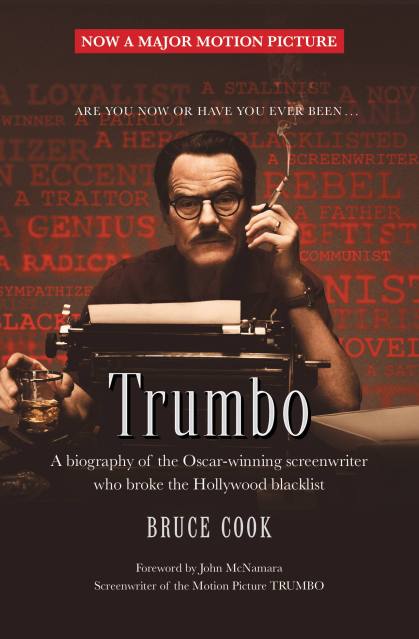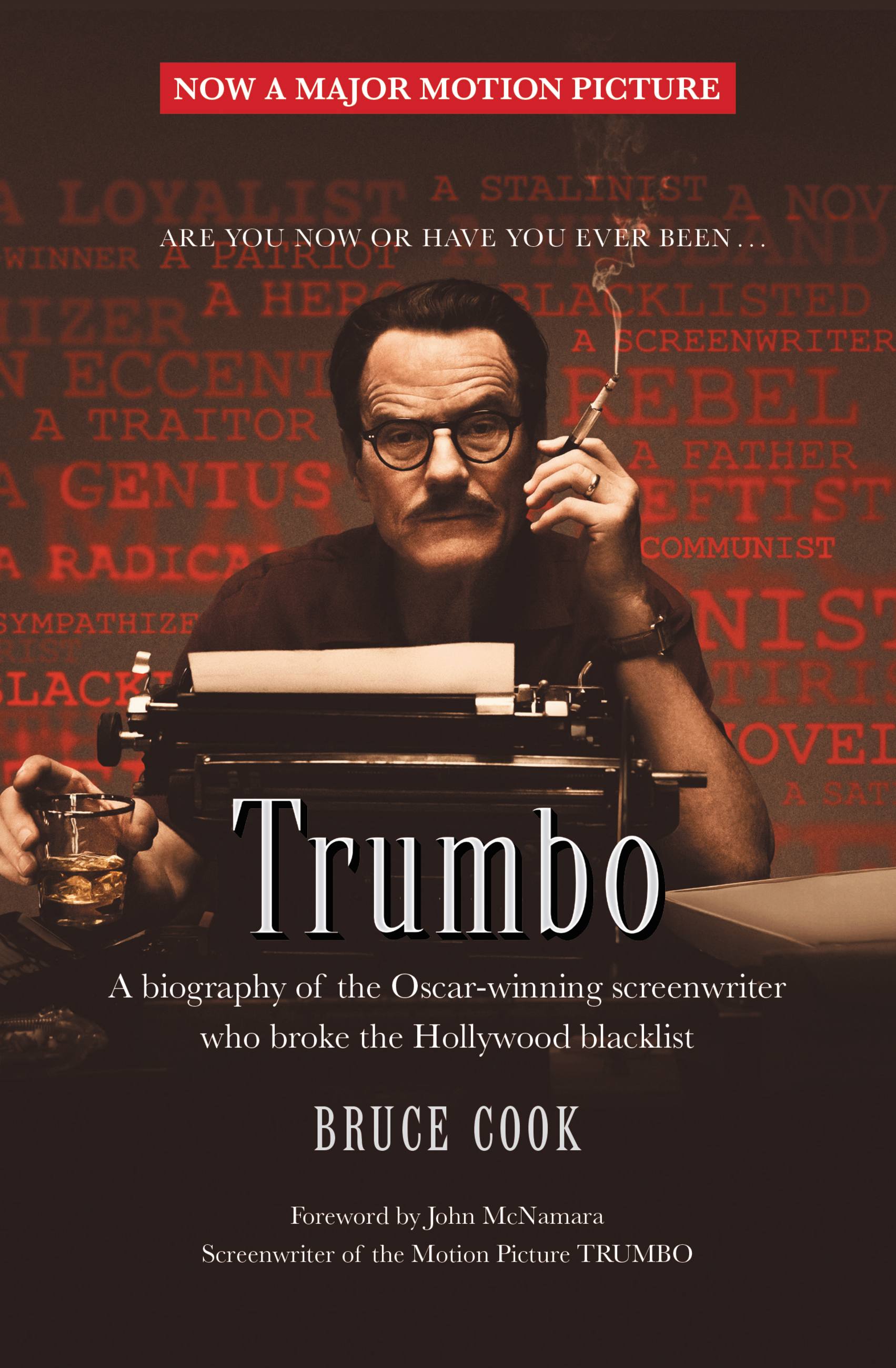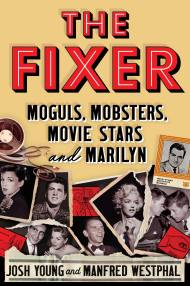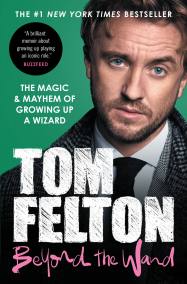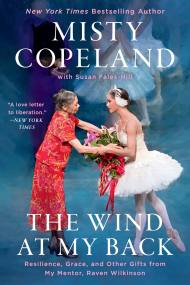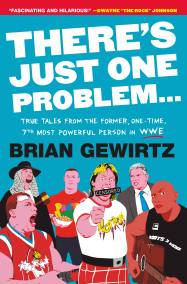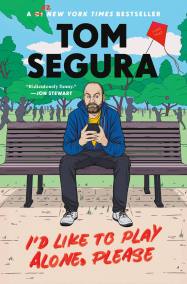Promotion
Use code MOM24 for 20% off site wide + free shipping over $45
TRUMBO
Contributors
By Bruce Cook
Formats and Prices
Price
$9.99Price
$12.99 CADFormat
Format:
- ebook (Media Tie-In) $9.99 $12.99 CAD
- Trade Paperback (Media Tie-In) $21.99 $28.99 CAD
- Trade Paperback $21.99 $28.99 CAD
This item is a preorder. Your payment method will be charged immediately, and the product is expected to ship on or around September 8, 2015. This date is subject to change due to shipping delays beyond our control.
Also available from:
The true story that inspired the major motion picture starring Bryan Cranston and Helen Mirren.
Dalton Trumbo was the central figure in the “Hollywood Ten,” the blacklisted and jailed screenwriters. One of several hundred writers, directors, producers, and actors who were deprived of the opportunity to work in the motion picture industry from 1947 to 1960, he was the first to see his name on the screen again. When that happened, it was Exodus, one of the year’s biggest movies.
This intriguing biography shows that all his life Trumbo was a radical of the homegrown, independent variety. From his early days in Colorado, where his grandfather was a county sheriff, to Los Angeles, where he organized a bakery strike, to bootlegging, to Hollywood, where he was the highest-paid screenwriter when he was blacklisted (and a man with constant money problems), his life rivaled anything he had written.
Dalton Trumbo was the central figure in the “Hollywood Ten,” the blacklisted and jailed screenwriters. One of several hundred writers, directors, producers, and actors who were deprived of the opportunity to work in the motion picture industry from 1947 to 1960, he was the first to see his name on the screen again. When that happened, it was Exodus, one of the year’s biggest movies.
This intriguing biography shows that all his life Trumbo was a radical of the homegrown, independent variety. From his early days in Colorado, where his grandfather was a county sheriff, to Los Angeles, where he organized a bakery strike, to bootlegging, to Hollywood, where he was the highest-paid screenwriter when he was blacklisted (and a man with constant money problems), his life rivaled anything he had written.
Genre:
-
"Let me end by again stressing how wonderful this book is. If you have any interest in Hollywood history, the postwar communist witch hunts, screenwriting or the art of biography, you should grab this new paperback of TRUMBO."The Washington Post
-
"TRUMBO the biography, is fascinating... The book, first published in 1977, is a great example of how a biographer can take readers by the hand and lead them on a journey through the subject's life."The Oregonian
-
"One of the great strengths of this biography is its sense of immediacy... I highly recommend this book to anyone wanting to shine a light onto a dark period of American history."Huffington Post
- On Sale
- Sep 8, 2015
- Page Count
- 343 pages
- Publisher
- Grand Central Publishing
- ISBN-13
- 9781455564996
Newsletter Signup
By clicking ‘Sign Up,’ I acknowledge that I have read and agree to Hachette Book Group’s Privacy Policy and Terms of Use
